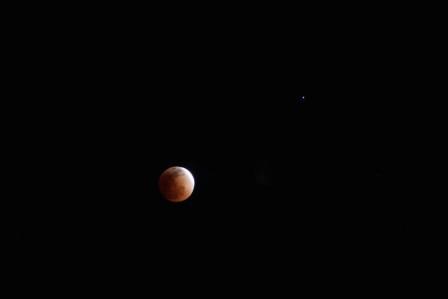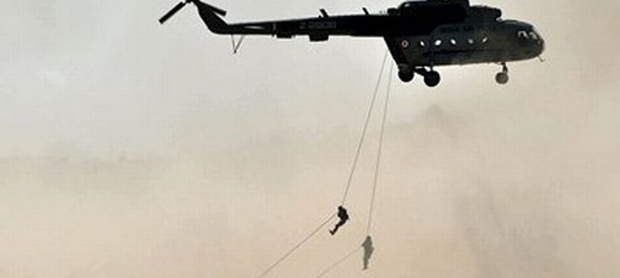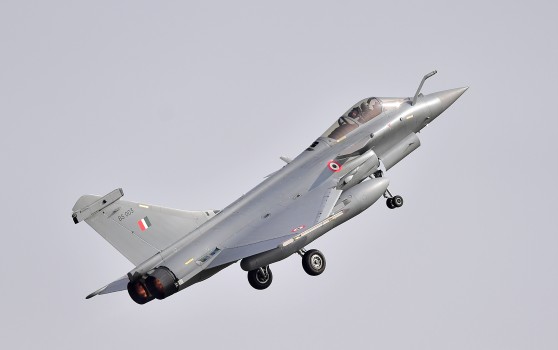
GRAND FORKS (AP): Three University of North Dakota graduate students, including an Indian, emerged from their simulated space mission to Mars tired, happy and longing for spicy food.
"Smells like fresh air," Carolyn Newton said, after following Brittany Zimmerman and Poonam Josan out the door of the school's inflatable lunar mars habitat.
They spent 10 days performing several experiments relating primarily to how the isolation of space missions affects cohesion of the crew.
They also managed to add some entertainment to the science. They shot two music videos, to "Hands To Myself" by Selena Gomez, and "Space Oddity" by David Bowie.
They made tacos to celebrate Cinco de Mayo. They baked a cake that included in frosting the names of family members and friends who had birthdays while they were on Mars.
"And we danced a lot," Zimmerman said.
It was the third mission aboard the school's inflatable habitat and the first with an all-woman crew. The inaugural study in 2014 also lasted 10 days. That was followed in 2015 by an experiment that went for 30 days.
Zimmerman, 26, Newton, 25, and Josan, 23, say they could have made 30 days without any major issues. Although two of them were already good friends, they had a successful trial run during one week together at a meeting in Alabama.
"So we knew we wouldn't kill each other," Newton said, laughing.
In both of the previous studies, the students left the habitat on occasion to test an electrical rover and space suits. The three women didn't see sunlight. They did interact with Sophie Orr, the mission controller, and participated in Skype sessions with elementary school students whose favorite question was whether the trio believed in aliens.
Each of them had unique roles on the mission. Newton, from Weeki Wachee, Florida, studied how personality and humor affect stress in confinement. Josan, from Amritsar, researched how isolation and lack of sunlight affect mood and sleep patterns. Zimmerman, of San Bernadino, California, and Stevens Point, Wisconsin, tested the growth of plants in space.
While much of the data will be analyzed later, the women said it will certainly show marked disruptions in sleep patterns.
"During the first few days we were on our normal schedules, but toward the end of the mission we kind of started going to bed at 4 or even 5 am," Josan said.
"Like this morning," Newton added.
 Previous Article
Previous Article













The Indian Air Force, in its flight trials evaluation report submitted before the Defence Ministry l..
view articleAn insight into the Medium Multi-Role Combat Aircraft competition...
view articleSky enthusiasts can now spot the International Space Station (ISS) commanded by Indian-American astr..
view article